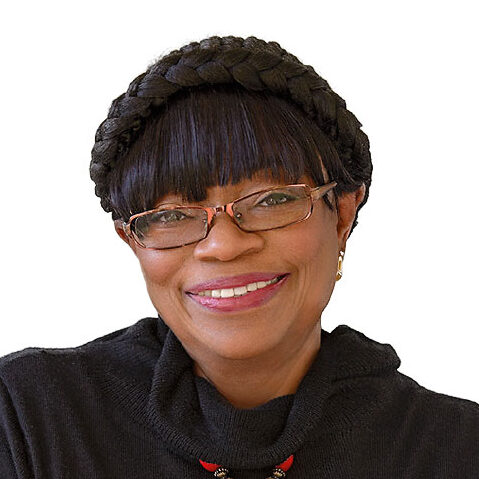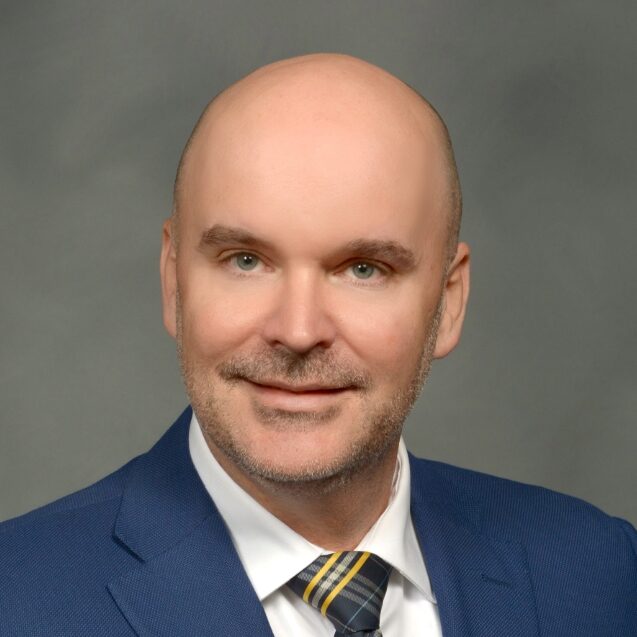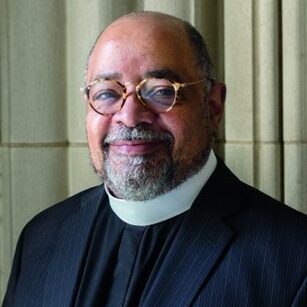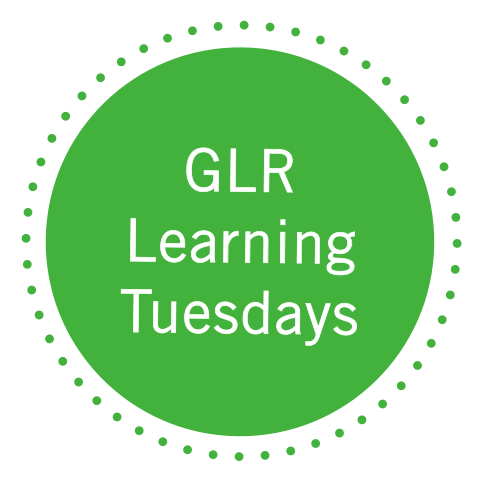
- This event has passed.
Locked Out of Literacy: Tackling the Illiteracy Crisis Together
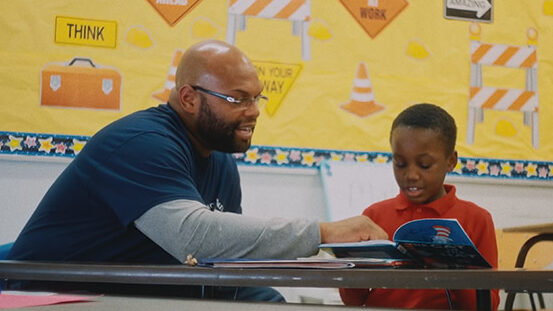
The documentary Sentenced explores the devastating impact of illiteracy on children and families across the United States and sheds light on how illiteracy, especially when compounded by generational poverty, can trap individuals in cycles of hardship from a young age. During this week’s GLR Learning Tuesdays webinar, Locked Out of Literacy: Tackling the Illiteracy Crisis Together, our panel discussed the documentary with Jeff Martin, producer of the film and with the Children’s Literacy Project. Martin describes the film as more than just a documentary on illiteracy. It underscores how illiteracy, paired with poverty, creates what Martin referred to as a “toxic” environment for children, with the film’s title itself reflecting that many kids are “sentenced” to failure before they even have a chance to succeed. Moderator Joy Thomas Moore with CGLR added that the power of the film lies in its ability not just to tell a story but to engage and challenge viewers, noting, “The beauty is its power. It has the power to engage, to inform, to influence and even change minds and hearts.”
Each sector represented in the panel — faith, philanthropy, nonprofit and education — highlighted the critical role each can play in addressing the literacy crisis. Reverend Leonard L. Hamlin, Sr., D. Min., of the Washington National Cathedral emphasized the importance of the faith community, urging it to reclaim its historical role in education, stating, “The faith community gets to see up close and personal the issues of a child being left behind….This allows us to not only see the current situation, but ask, what will our future look like if we don’t act right now?”
Chris Helfrich of Eat. Learn. Play. explained why Stephen and Ayesha Curry have invested heavily in literacy, particularly in Oakland, stating, “It took a lot of listening and research, but once we really understood how important it is for kids to become confident, strong readers at the right ages, it was a no-brainer.”
David Moore, Ed.D., from the School District of Indian River County in Florida added, “Literacy is not solely taught within the confines of a classroom. It is taught across the entire community. And the not-for-profits that exist to support students should not be on the outside of a school system but should be integrated in the work that we collectively do.” And so these many sectors have united in this work.
CGLR partners and communities can actively support literacy by collaborating with schools, faith groups and local organizations. Martin encouraged using the documentary as a catalyst for action, saying, “This film was made for you.…We hope you fundraise with it, recruit volunteers with it and invite your mayors and school board leaders to see it.” He highlighted the need for communities to “use the film to advance the cause” and to involve key stakeholders in addressing literacy challenges. Together, these efforts show that literacy is not just the responsibility of educators but a collective mission that can transform communities.
“At the end of the day, we have to all believe that we can be great. We can do this…if we start thinking about helping our kids read and that in turn helps our nation thrive, then we can do this.” – Joy Thomas Moore.
If you were able to attend the session, we would love to hear your feedback on the session. We appreciate your help in filling out the following form as we seek to learn and understand the perspectives, ideas, critiques and recommendations that better inform our key audiences
Panel
